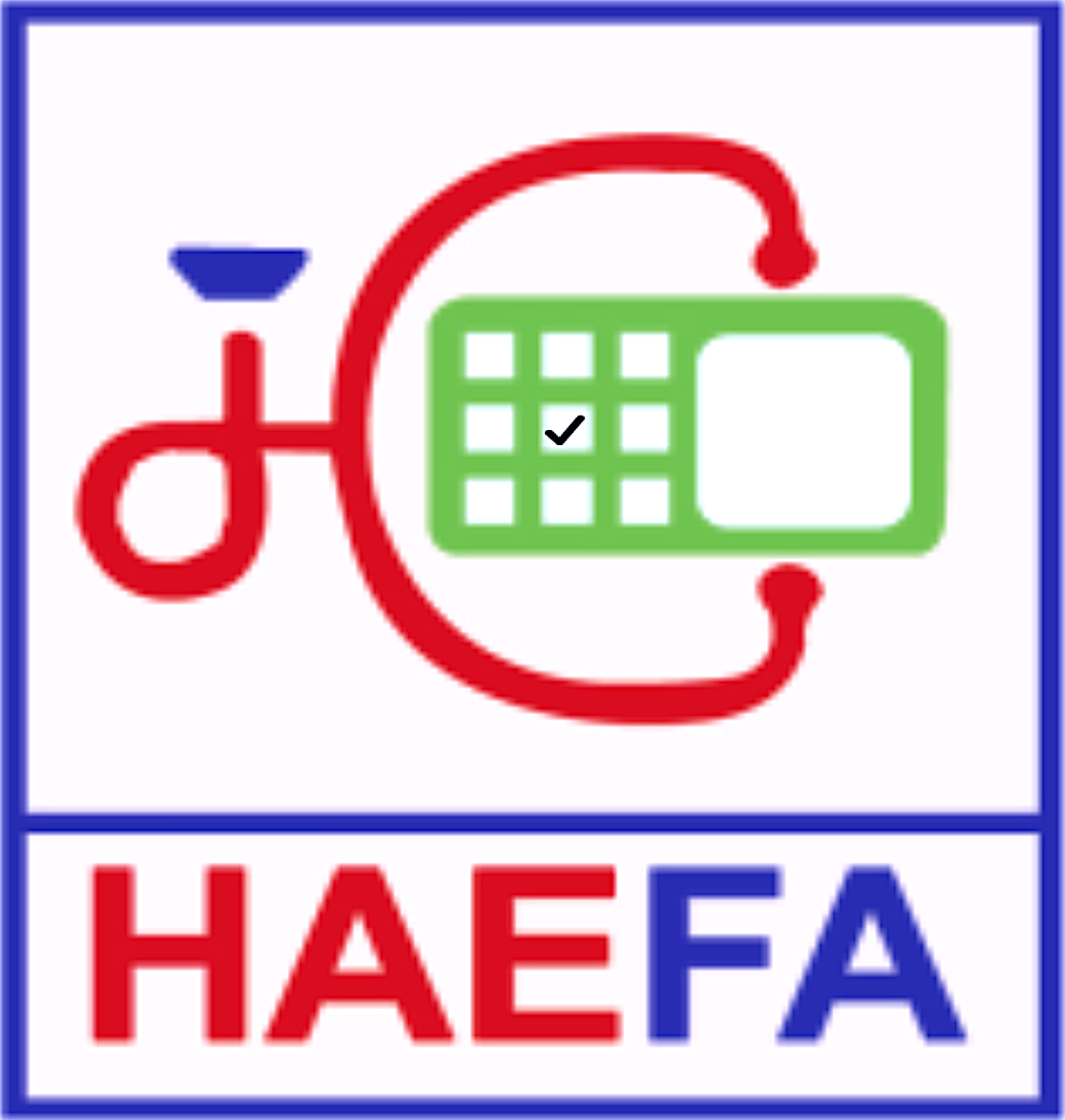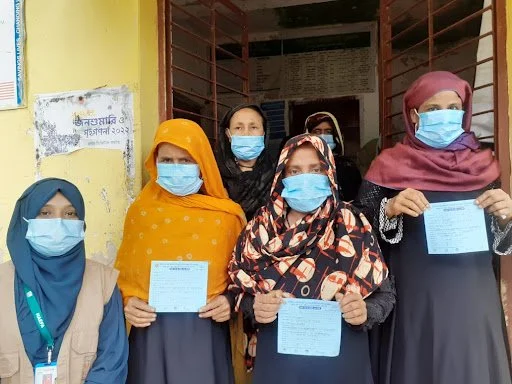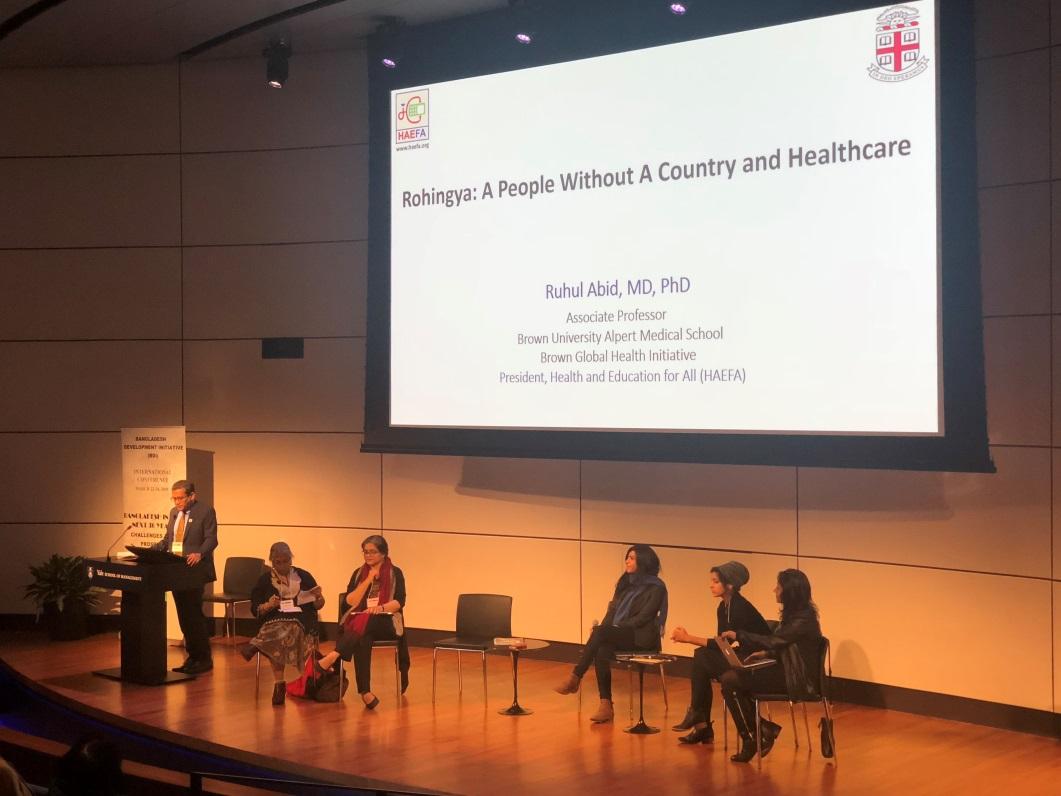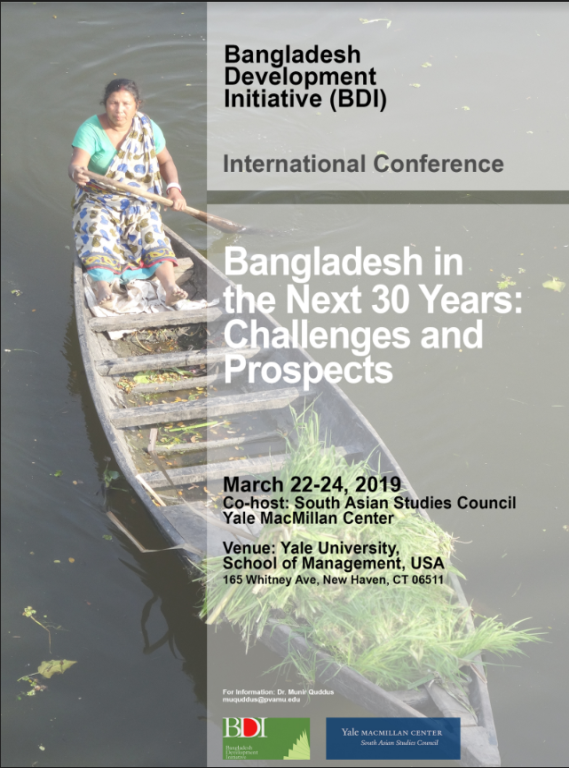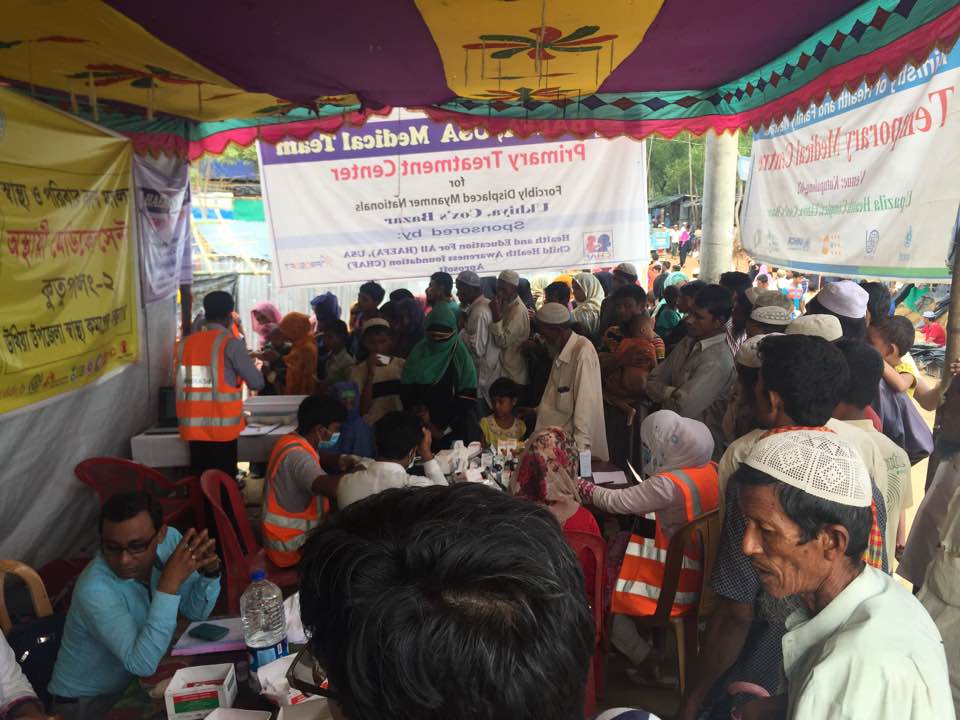As one of Brown University’s 2020 iProv Summer Fellows with HAEFA, Ingrid Ren has worked as an accounting intern with the grants and finance director, Mir Hushna. Ingrid reflects on her summer of remote work and the plethora of phone calls that helped build a successful working relationship and made her feel connected to the work she was doing.
At our first Zoom meeting with HAEFA, volunteer coordinator Phoebe Keenan said to me, “Ingrid, Dr. Abid is really, really excited to have you on board to do tax and finance work for us this summer.” The other interns and I chuckled, amused at the dissonance between excitement and accounting work, but honestly, I was a little excited, too.
In my initial interview with Dr. Abid a month earlier, I had told him that my past work experience includes volunteering as an income tax preparer in Great Falls, Montana through the Tax Help Montana program. Intrigued, he said he wanted an intern to help work with HAEFA’s grants and finance director, Mir Hushna, to complete accounting work.
In an introductory Zoom meeting with Mir set up by Phoebe, I arrived late, having slept past my early morning alarm to accommodate for the fact that the three of us lived in three time zones across nine hours. Embarrassed of my state of fatigue and disarray, I kept my camera turned off, with only Phoebe visible, smiling happily at Mir and me. After explaining that my summer tasks would include reconciling HAEFA’s accounts ( matching up income and expenses from bank statements) and preparing an annual tax return, we reached a lull in the conversation. Simultaneously straightforward and generous in his wanting to be helpful, Mir said, “Ingrid, ask a question.” Caught off guard, I laughed nervously, which wasn’t a question.
Since that meeting, I have had many calls with Mir to give updates on my work progress. He ends every call by saying sincerely, “Any question you have, please ask me.” Eventually, I asked about his past and learned about his professional experiences.
Mir grew up in Bangladesh and, although his father worked as an accountant for a manufacturing company, he never thought he would follow the same path. He told me, “I was always fascinated by operation and management jobs,” leading him to earn a Master’s in business administration.
After graduating, he accepted a job at an international organization where he worked as an operations manager. The organization worked for the US Marines, leading a team of doctors and nurses to distribute food packages and medical assistance to an isolated island. Due to the inaccessible nature of the island, they had to constantly fly by helicopter to reach their various destinations. The first time he flew to the island, he remembers that all he could think about was the terrifying possibility that he could be abandoned there with no way to leave. But as a young, recent graduate, he also loved the challenges. He repeatedly described his experiences with the job and of riding in helicopters as thrilling, laughing reminiscently almost in disbelief at his past, in the way that adults do when wrapped up in nostalgia. When this organization’s accountant resigned, Mir took over as finance manager and was surprised to find that the position suited him well.
In 1996, Mir immigrated to the United States where he found work through a temp agency with MCI Communications, at the time AT&T’s competitor, to reconcile accounts. In 1998, when MCI was acquired by Worldcom, Mir took a job working with the American Red Cross’ disaster accounting unit. Since then, he has expanded his work experience with non profits, worked as a CFO, been an overseas finance manager, provided specialty knowledge in nonprofit grants and contracts, and audited federal grants for USAID internationally.
In 2014, an uncle of a friend who was a board member with HAEFA reached out to Mir. At the time, HAEFA had only been founded two years prior, and they needed help with financial and grants management, leading Mir to begin working with HAEFA.
Finally, I asked Mir if his experience managing personal finances and those of nonprofits has given him insight to provide financial advice. “Yes, of course,” he said emphatically. “First, understand exactly what you’re going to do with your money. This is your hard earned money, and you can’t jump without knowing what’s below. Second, have a budget. If you don’t have the capacity, don’t do it. If someone asks for $100,000, and you only have $80,000, then give $60,000.”
Aside from supporting HAEFA’s financial side, Mir is constantly busy. Dr. Abid, laughing good-naturedly, had told me in my initial interview, “Sometimes he disappears.” Currently living in Atlanta, Georgia, he operates a grocery store as well as a meat processing factory, and he manages finances for an Arizona-based organization.
Sometimes, Mir and I have up to five quick phone calls in one day to make sure we are on the same page and, of course, to ask and answer questions. But in the moments between our work talk, he has shown me small details from his personal life that make him seem more real and more tangible, despite the remoteness of the work. At one point, during an evening phone call, he put his son, a rising high school senior who hoped to volunteer with HAEFA, on the phone to talk to me briefly about my current work experience. Afterwards Mir thanked me, saying in a very dad-like manner, “I just saw him there walking around.”
In other instances, he asks me about the weather where I live in California or tells me that he spent one and a half hours earlier that morning working in his beloved garden. He tells me the story of working as a grants auditor in Angola, where in order to learn sufficient Portuguese for a presentation, he went to live in a rural part of the country for a month where few spoke English. He keeps me updated on his local businesses, informing me that he’s in the process of developing an online platform to streamline deliveries for his grocery store and that he needs to check in on the meat processing factory in preparation for the upcoming Muslim holiday Eid al-Adha.
Mir is always gracious, thanking me for easing his own workload and encouraging me by saying, “Fantastic” when I take a chance and share a new idea. He makes it clear that this is a team effort.
Despite the distance and the fact that I will likely never meet him in person, our frequent phone calls help me get to know Mir and feel connected to my work. In the age of Zoom and remote technology, phone calls have begun to replace my comfort for texting by giving me a chance to rest my eyes and breathe.
